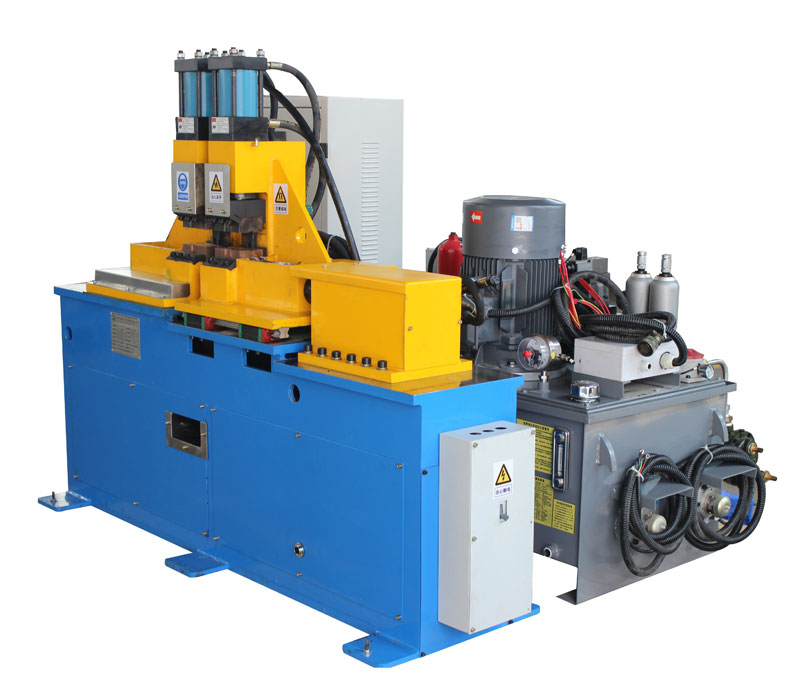Butt welding machines are essential tools in various industries, allowing for the efficient joining of aluminum rods. While these machines are designed for durability and reliability, they can still encounter common issues that affect their performance. In this article, we will explore some of the most frequently encountered problems in aluminum rod butt welding machines and provide insights on how to address them.
1. Electrode Wear
One of the primary issues faced by butt welding machines is electrode wear. Over time, the electrodes responsible for creating the weld joint can deteriorate due to the high levels of heat and pressure involved in the welding process. To mitigate this problem, regular electrode maintenance and replacement are essential. Ensure that electrodes are properly aligned and cleaned to optimize their lifespan.
2. Inconsistent Weld Quality
Inconsistent weld quality can be caused by various factors, such as improper settings, material contamination, or misalignment of the aluminum rods. To maintain consistent weld quality, operators should regularly calibrate and fine-tune the machine settings, monitor the quality of the aluminum rods being used, and ensure proper alignment during the welding process.
3. Power Supply Issues
Butt welding machines rely on a stable power supply to operate efficiently. Any fluctuations or interruptions in the power source can lead to welding problems. To prevent power-related issues, invest in surge protectors, voltage stabilizers, and backup power sources if necessary. Regularly check the power supply to ensure it meets the machine’s requirements.
4. Cooling System Problems
The cooling system in a butt welding machine is crucial for preventing overheating. Common cooling system issues include clogged coolant lines, malfunctioning fans, or inadequate coolant circulation. Regularly inspect and clean the cooling system components to maintain optimal performance and prevent overheating-related failures.
5. Control Panel Malfunctions
The control panel of a butt welding machine plays a pivotal role in adjusting settings and monitoring the welding process. Malfunctions in the control panel can lead to inaccurate settings and compromised weld quality. Ensure that control panels are regularly inspected for loose connections, damaged buttons, or faulty displays.
6. Insufficient Maintenance
Perhaps the most critical factor in preventing common failures is regular and thorough maintenance. Create a maintenance schedule that includes cleaning, lubrication, inspection of critical components, and calibration checks. Proper maintenance not only prolongs the lifespan of the machine but also reduces the risk of unexpected breakdowns.
In conclusion, butt welding machines are reliable tools for joining aluminum rods when properly maintained and operated. Understanding and addressing common failures are essential to ensure the longevity and efficiency of these machines. Regular maintenance, attention to detail, and operator training can significantly reduce the occurrence of these issues, allowing for consistent and high-quality welds in aluminum rod applications.
Post time: Sep-06-2023



